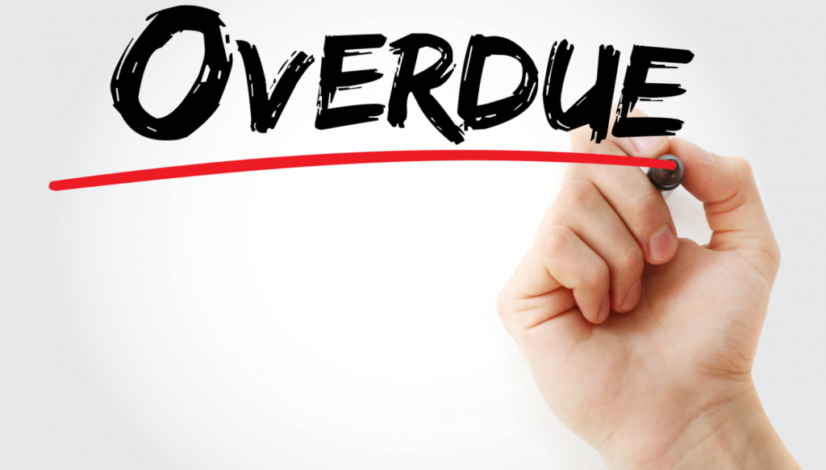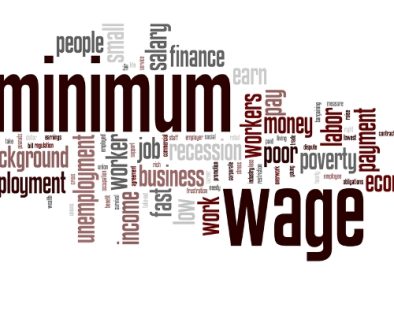Missed or underpaid super amounts?
Missed or underpaid super amounts?
Business downturn due to COVID-19 may be affecting your business and you may have missed, or not paid in full, regular payments.
This includes your employees’ super guarantee (SG) for the quarter ended 30 September 2020.
By law, the ATO cannot extend the due date to pay super.
To meet your obligations, lodge a Superannuation guarantee charge statement to the ATO by 28 November 2020, even if you can’t pay in full. Doing this will mean you avoid penalties and we can work with you to set up a payment plan that suits your circumstances.
The super guarantee charge is different from the regular contributions you pay and comprises:
- SG shortfall amounts
- interest on those amounts (currently 10%)
- an administration fee of $20 per employee, per quarter.
You lodge a statement through the Business Portal by either:
- using the super guarantee charge calculator
- completing the super guarantee charge spreadsheet and sending it via the mail function.
Significant penalties can apply if you don’t lodge a statement by the due date.
WHAT IS A SUPER GUARANTEE CHARGE (SGC)?
If you don’t pay the minimum amount of super guarantee (SG) for your employee into the correct fund by the due date you may have to pay the super guarantee charge (SGC), which is not tax-deductible.
The charge is made up of:
- SG shortfall amounts (including any choice liability calculated on your employee’s salary or wages)
- interest on those amounts (currently 10%)
- an administration fee of $20 per employee, per quarter.
You report and rectify the missed payment by lodging an SGC statement by the due date and paying the SGC to us.
If you pay late, you may be able to use the late payment either to offset the SGC or to carry forward as pre-payment of a future contribution for the same employee.
You must still lodge an SGC statement and pay the balance of the SGC to us.
Working out the charge and preparing the statement
When an SGC statement is required, you can use the options below to assist with the calculation and lodgment of your SGC.
In the Business Portal you can use the SGC statement and calculator tool (refer to Superannuation guarantee charge statement business portal help for assistance).
In the Business Portal or Online services for agents if you’re a registered tax or BAS agent, you can download and lodge a spreadsheet version (XLS, 525KB)This link will download a file of the SGC statement. The spreadsheet will not automatically calculate your SG shortfall, but will calculate the nominal interest component up until the date the form is completed. You then attach the completed spreadsheet to a new mail message selecting the topic Superannuation and subject Lodge SGC Statement.
In calculating and populating the spreadsheet you can refer to How to use the SGC statement and calculator tool for assistance.
Payment dates
You must lodge your SGC statement and pay the charge by the due date.
| Quarter | Period | Due date |
|---|---|---|
| 1 | 1 July – 30 September | 28 November |
| 2 | 1 October – 31 December | 28 February |
| 3 | 1 January – 31 March | 28 May |
| 4 | 1 April – 30 June | 28 August |
When a due date for payment falls on a weekend or public holiday, you can make the payment on the next working day.
Once you lodge a statement and pay the SGC, we transfer the super guarantee shortfall amount and any interest to your employee’s chosen super fund.
Extension of time
If you know you’re going to miss the due date for lodging an SGC statement, you can ask for an extension of time to lodge. You can also ask for an extension of time to pay.
You must make the request before the due date, in writing, stating why you need an extension. The nominal interest will continue to accrue until you lodge. The general interest charge (GIC) will then apply from the deferred payment time as varied until the SGC is paid in full.
ATO collection approach to unpaid SGC
The ATO prioritise the collection of unpaid SGC debts. They work with you to address outstanding amounts but if you don’t engage with them they will take stronger action.
This can include:
If an employee reports you for unpaid super an investigation on their behalf, keeping them informed of the investigation and the progress of the debt recovery actions.
If its determined that you haven’t met your obligations or reasonably suspect that you haven’t we may disclose to all your affected employees and any former employees any SG shortfall as it relates to them.
Our team at Gerard Wilkes & Associates are here to help. If you have any questions regarding your superannuation obligations, or would like to discuss your taxation matters further, please contact us at https://www.wilkes.com.au/contact-us/ or call our office 07 5532 1733.
This article was referenced from the Australian Taxation Office




